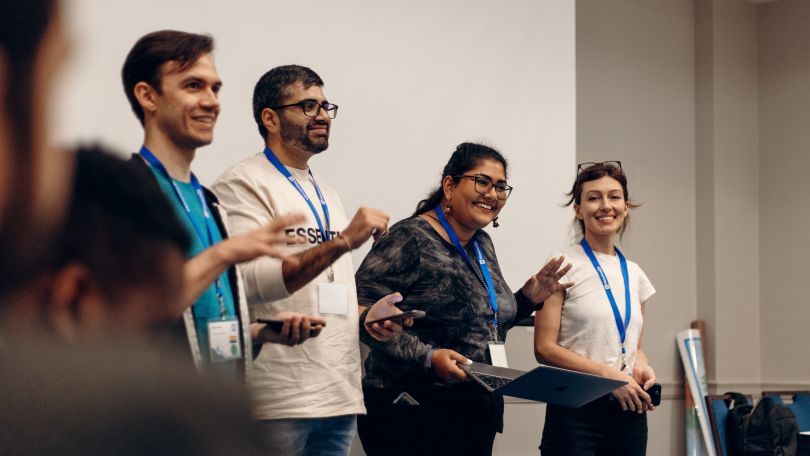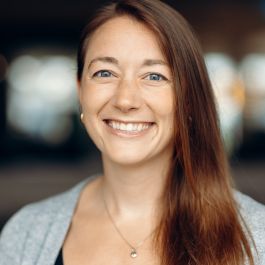MaestroQA is in the business of helping its clients build better customer relationships, and Director of Customer Success Michelle Vanchieri and her team are modeling that in their work every day.
The company’s quality assurance software helps customer service managers, leaders and executives coach their teams to excellence, improve customer experience and understand their progress through transparent metrics — all with the support of customer success managers to ensure that clients have successful implementations and maximize product value.
“We partner with customer experience organizations, so a large part of our role is helping our customers solve problems for their customers,” Vanchieri said.
In order to provide that support, her team needs to stay tapped into best practices and expertise across the customer success profession.
“Our customer experience industry has shifted over the last several years to evolve from a ‘cost center’ to a value driver and differentiator for companies,” Vanchieri said. “CX goals can look different based on company size, so having our CSMs specialize in a segment has been instrumental in providing value to every customer.”
Built In New York spoke with Vanchieri about the changes she sees across the customer success industry and for the future of the profession.

What has changed about the customer success role over the last few years? And what has stayed the same?
Customer success has needed to recreate itself several times over the last few years — as we’ve navigated COVID, business growth and an economic slowdown, CSMs have needed to be agile in reacting to customers’ needs. Adaptability is one of the key skills we look for when we hire on our customer success team.
As we’ve navigated COVID, business growth and an economic slowdown, CSMs have needed to be agile in reacting to customers’ needs.”
Through these changes, I’ve seen CS become even more data driven to understand customers’ usage patterns and needs so that we can quickly react to a change in strategy. In recent months, we’ve also seen an increased focus on retention and expansion that I expect to continue. To support this, here at MaestroQA we have been working on clearly defining ROI so that we can speak to value in a measurable way to drive retention and expansion.
Though CS continues to evolve, what hasn’t changed — especially at Maestro — is our customer-first philosophy. Even as our strategies change or our focus shifts, we are committed to exceeding our customers’ expectations and needs. We really strive to be consultants and strategic partners.
How has your team structure changed to adapt to broader changes in your industry or among your customers’ needs?
Our CS team structure has changed materially over the two years that I’ve been at MaestroQA. As our customer base grew and as we moved upmarket, we needed to restructure the size and organization of our team. Previously, we were a mighty team of five, and our CSMs worked with customers of all sizes. Now, we have CSMs that work specifically in each of our segments and have started to specialize by bringing on our first implementation managers to increase the time to value for customers.
What’s the most important skill or character trait customer success professionals in your industry need to have?
When I am hiring for customer success, I am looking for people with a burning curiosity and a real hunger to learn. Our CS team needs to be curious, ask questions and understand problems so that we can be consultative in driving towards solutions. Our customers rely on us to be extensions of their team — this is one of my favorite parts of customer success at Maestro that’s really unique from other CS roles. Because of this, strong curiosity has been central to the success we can deliver for our customers.







